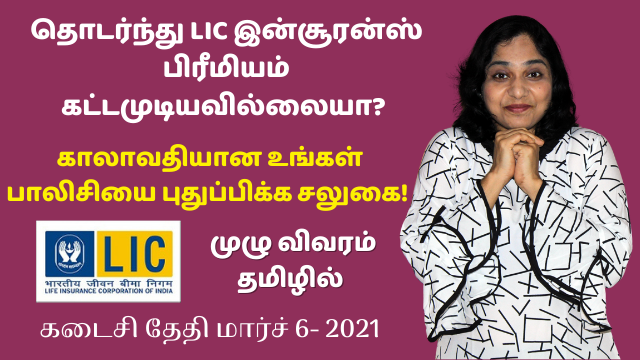
In a move that could redefine the health insurance landscape in India, the Insurance Regulatory and Development Authority of India (IRDAI) has announced sweeping changes to the existing framework of health insurance. These new guidelines, which come into effect from April 1, 2024, aim to bring greater transparency, fairness, and efficiency in how health insurance is administered and experienced by policyholders.
To understand these changes better, let’s break them down and explore their real-world impact using practical illustrations and relatable analogies.
A Step Towards Transparency: No More Arbitrary Claim Rejections
One of the most significant updates introduced by IRDAI is the restriction placed on insurers regarding claim repudiation. Under the new rules, insurers cannot reject a health insurance claim for any reason—except for proven fraud—once the policy has been active for eight consecutive years.
Think of this as a “statute of limitations” for insurers. Much like how a court won’t retry a case endlessly once it’s closed, your insurer too cannot dig into your medical past and reject a claim after eight years of continuous policy coverage. This move will provide peace of mind for long-term policyholders and prevent arbitrary rejections based on fine print or retrospective disclosures.
Faster Claims Settlement: A Promise Backed by Penalty
A common frustration among policyholders is the delay in claim settlements. The new guidelines aim to fix that by enforcing a strict turnaround time for claim settlement. Insurers now have a maximum of 30 days to settle a health insurance claim after receiving all necessary documents. Failure to do so will result in the insurer paying interest on the claim amount.
Imagine ordering a product online and being promised a 7-day delivery, with the seller paying you a small compensation for every extra day they delay. That’s the kind of accountability IRDAI now demands from insurers—speed and fairness, or pay up.
Customer-Centric Definitions and Standardization
Health insurance terms have often been confusing and varied between companies. With the new changes, IRDAI is pushing for uniformity in definitions of critical terms like “pre-existing conditions,” “cancellation,” “deductibles,” and “moratorium.” This is expected to greatly simplify policy comparisons and improve customer understanding.
For instance, the term “pre-existing condition” will now carry the same meaning across all policies. This reduces ambiguity and ensures consumers aren’t caught off guard when making a claim.
More Accountability in Policy Cancellation
The new rules also strengthen customer rights when it comes to policy cancellation. If an insurer cancels a policy, they must clearly explain the reason and provide notice in advance. More importantly, cancellation can no longer happen at the whims of the insurer—unless there is misrepresentation or fraud.
Think of this like a rental agreement: the landlord (insurer) can’t evict a tenant (you) without valid reason and notice. This brings much-needed balance to the insurer-policyholder relationship.
Portability and Continuity Made Easier
Portability of health insurance policies has been simplified too. If you wish to switch insurers, your waiting period benefits and policy continuity will now be honored. This is a big win for customers who were previously discouraged from changing insurers due to the fear of losing accumulated benefits.
Imagine you’ve been in a loyalty program with one airline for years and want to switch airlines—but you want to keep your miles. IRDAI is making sure your years of commitment don’t go to waste just because you’re switching carriers.
No More Hidden Clauses or Complicated Riders
IRDAI is also mandating that insurers offer clear, understandable product information. The use of ambiguous language and hidden clauses in health insurance documents is being discouraged. Moreover, the use of add-ons or riders should be done transparently and must add real value—not confusion.
This is akin to buying a meal where all the charges are clearly listed upfront—no surprise service fees or hidden GST added at checkout.
Insurance for All: Promoting Wider Access
Beyond policy-specific reforms, these guidelines signal IRDAI’s intent to make health insurance more inclusive and consumer-friendly. Whether it’s the elderly, people with chronic illnesses, or those in rural areas, the new framework encourages insurers to expand access and reduce discrimination based on risk.
In short, IRDAI is working to make health insurance feel less like a maze and more like a safety net for every Indian.
Final Thoughts: A New Era of Fairness and Trust
The new IRDAI guidelines are not just regulatory updates—they represent a philosophical shift. A move from profit-first to people-first. A move from confusing jargon to consumer clarity. A move from mistrust to accountability.
As a policyholder, this is the right time to revisit your health insurance plans, review your coverage, and talk to your insurer to understand how these changes impact you. Whether you’re buying a new plan or continuing an old one, these reforms ensure a more empowered experience—one where your rights are recognized, your claims are processed faster, and your trust in the system is finally rewarded.





Leave a Reply